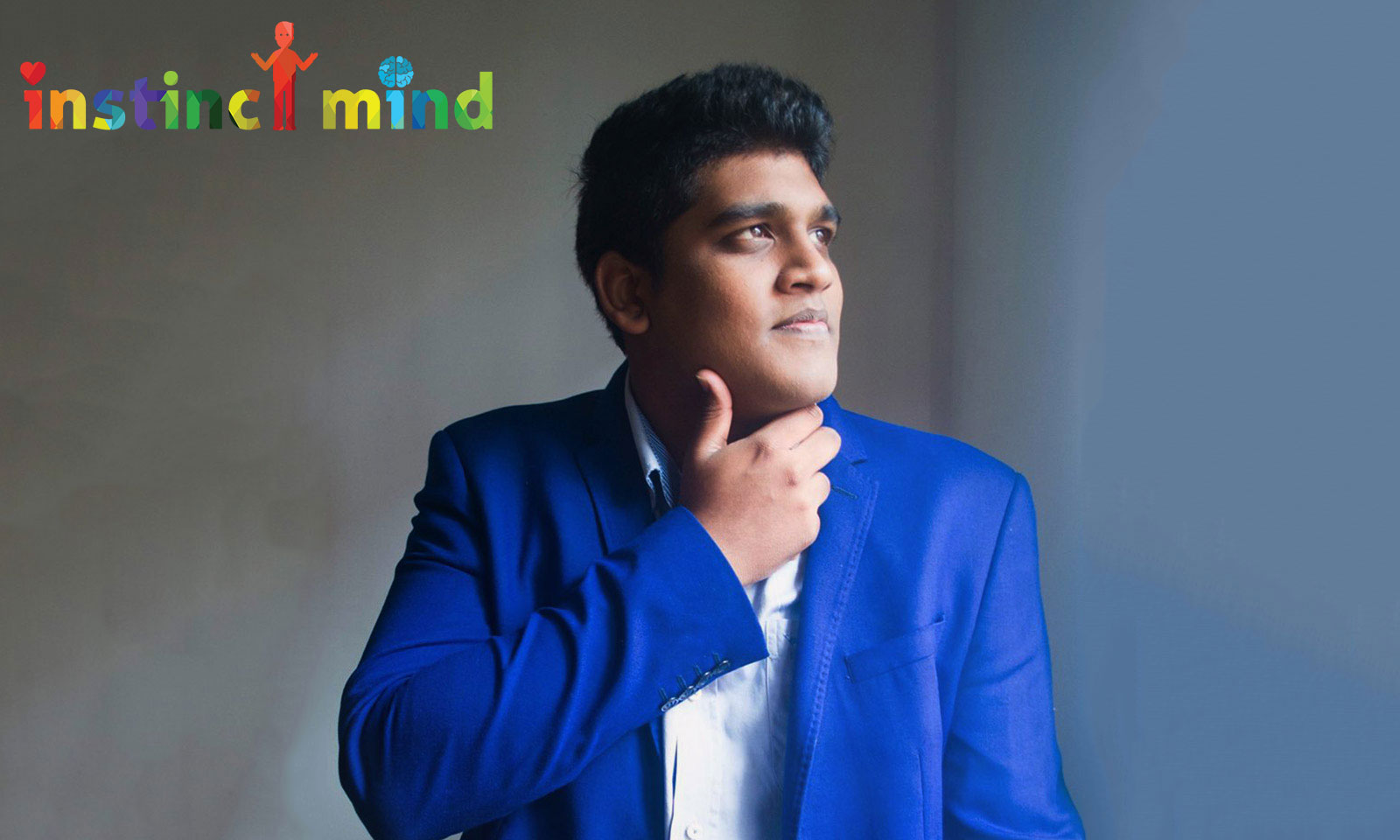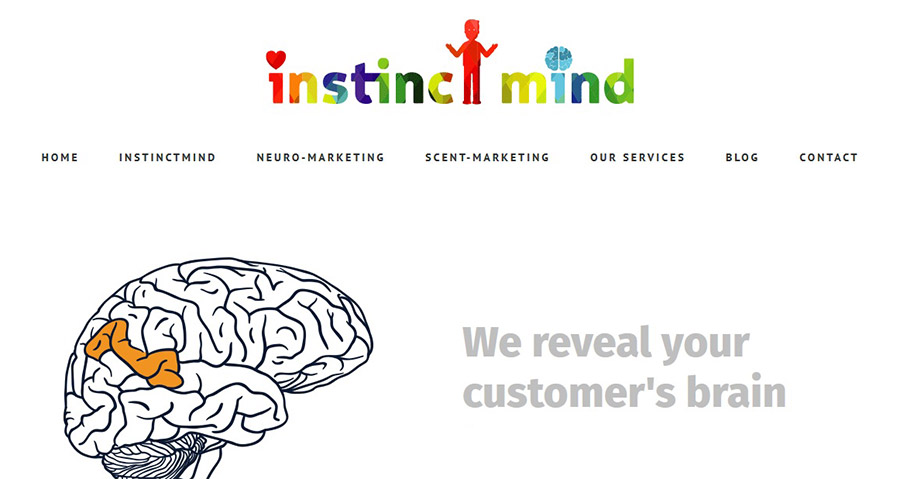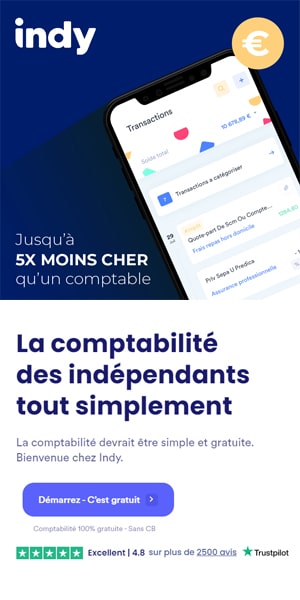Marketing is the principle of attracting customers who are likely to respond favourably to an offer. Ict.io’s editorial staff was interested in another kind of marketing, different from the one traditionally practiced, Neuromarketing. Meeting with Aaditya Ruggoo who shares the secrets of her start-up
Instinct Mind
designed around neuromarketing…
To make business prosper, no matter what the field of activity, there is always a dose of marketing, of advertising. Behind the scenes, the strategy consists of arousing the consumer’s curiosity to find out more about their habits and to push them to take action, i.e. to buy the product. How many times have women been tempted to buy the beautiful dress or pair of shoes featured in a magazine? The men are not left out, many of them having fallen for the beautiful sports car, even if it is expensive. The fact is that we all succumb to the sight of beautiful things.
However, have we ever asked ourselves the question: what motivates our desire to buy? Why do we choose one product over another? How can an advertisement arouse our desire? There is an element of mystery in the act of buying that brands are trying to penetrate. And to do so, they rely on scientific brain research. This is where neuromarketing, a rapidly developing strategy, comes in. How does it work? To better understand, we went to meetInstint Mind, a Mauritian startup specialized in neuromarketing. Aaditya Ruggoo, the founder, shares the secrets surrounding this type of marketing with Ict.io’s Redac…
You created Instinct Mind. Can you tell us more about this startup?
“I am Aaditya Ruggoo, founder of the startup Instinct Mind, founded in 2017. I have a basic education in marketing from the University of Technology in Mauritius. I then attended Copenhagen Business School, where I was trained in neuroscience and applied neuromarketing.
Merging the two trainings, I founded my startup Instinct Mind, specializing in two services: the first is neuromarketing and the second is what is called sensory marketing. The concept of neuromarketing may seem new, but it was created ten years ago, following a “blind test” carried out by scientists on two beverage brands, Coca-Cola and Pepsi. The aim was to find out what effect the two drinks had on the participants’ brains.
Can you explain what neuromarketing is?
“Neuromarketing is the application of cognitive neuroscience to marketing and communication. The aim of this emerging discipline is to better understand consumer behaviour by identifying the brain mechanisms involved in making a purchase or facing an advertisement.
In other words, the goal of neuromarketing is to understand, through the observation of brain activity, the emotions of consumers and their implications on buying behaviour or on seeing an ad. The use of neuroscience techniques complements traditional marketing techniques and fills in the gaps in the latter’s analysis of consumer desires.”
How do you know what a consumer prefers?
“Without going into too much detail, knowing the reaction of a consumer is “simple” through neuromarketing. This technique is based on FMRI (Functional Magnetic Resonance Imaging) examinations, electroencephalograms, oculometric tests, etc. This means that scientific techniques are used to understand how consumers react to certain products or advertisements,” says Aaditya.
Doing some research, we learn that, indeed, these scientific techniques used are more effective than written questionnaires or group discussions to analyze the reality of how the human brain works in terms of marketing. It must be said that a question asked in behavioural surveys is not always reliable and necessarily involves a conscious or unconscious bias in the respondent’s answer. However, neuromarketing studies are complex to initiate, both in terms of the choice of subjects and the legal and regulatory procedures, are expensive, and results are slow to emerge. This aspect did not deter Aaditya from embarking on this entrepreneurial adventure.

Why did you open a business based on this type of activity in Mauritius?
“I created Instinct Mind primarily on a human mission basis. Let me explain! I am a person who believes very much in the advancement of his country and I like to share with others. So the goal of my startup is really human based. For example, if we take the government’s road safety campaigns and analyze the statistics, I see no impact on motorists. And that’s where I want to add value, which is to make a communication campaign in which I add the knowledge of neuroscience, to see what is really likely to appeal to people, making the campaign more “human.
In other words, we are not sticking to the logic of “when you drink, you shouldn’t drive”, but we are adding our own formula, that of the neurosciences. Through this, we work with advertisers, doing primary consumer research. We collect data through neuroscience techniques that we use to find out what appeals to humans. We’re really trying to reach that emotional area of the human being where we know the message, or even the campaign, will have a real impact.”
Do you have a clientele in Mauritius that uses Instinct Mind’s services?
“Neuromarketing, based on the foundations of neuroscience, remains a marketing strategy that can be applied in any field. In Mauritius, our biggest client base is in advertising. We started working with advertising companies. With these companies, we work with their team to optimize their creativity in order to create a communication campaign that will reach a large audience.
It’s important to understand that we’re doing this at the design stage. Also to know, at the end of the day, what the company is really looking for is that ‘return on investment’ from the campaign.”
Besides neurological sensors, what technology or application does Instinct Mind use in these analyses?
“Instinct Mind uses software that we developed and named after the company. First of all, we need sensors called “eye tracking” and a software that will record all the data. These sensors, once connected to the man, give every millisecond, all the feelings of the latter. We then work on the results of the analyses made by the software. This is where we can draw the necessary conclusions and make recommendations to customers.”
Let’s come to the second activity of your company, sensory marketing. Tell us more about this service.
“First of all, we need to understand what sensory marketing is. The term “sensory” refers to the five human senses, which are touch, sight, hearing, taste and smell. Sensory marketing uses one or more of our senses with the objective of seducing the consumer while stimulating his senses. The ultimate goal of this type of marketing is to favourably influence the consumer’s behaviour towards a product or within a sales outlet. At Instinct Mind, the sensory marketing service we offer is based on the sense of smell.
The way we work is very simple! For the clients to whom we offer this type of service, we place professional diffusers. This diffuser is capable of conveying a specific scent in a specific environment, which will play with the memories of the person who smells it.
Let’s take the example of the Rip Curl store, which offers beachwear among other things. In the store, we place a diffuser that will reflect the beach effect to the consumer. And subconsciously, the latter will enter this beach atmosphere, inciting him to make a purchase, because subconsciously, he wants to go to the beach.
Sensory marketing in Mauritius is seen as an investment product. We offer this service to hotels, retail shops and also to companies to, for example, reduce the stress of employees by diffusing a fragrance that will stimulate their senses and relax them.
It must be said that in Mauritius this service is difficult to sell, because it is still unknown. So we need to provide customers with all the information and even offer them a trial. As a result, to find our customers, we really proceed through networking.”
This Mauritian startup, Instinct Mind, is proof that technology is not the only innovative sector. This is not an innovation in terms of a digital tool, but in a different concept. In any case, neuromarketing and sensory marketing bring a breath of fresh air to the field of traditional marketing.




